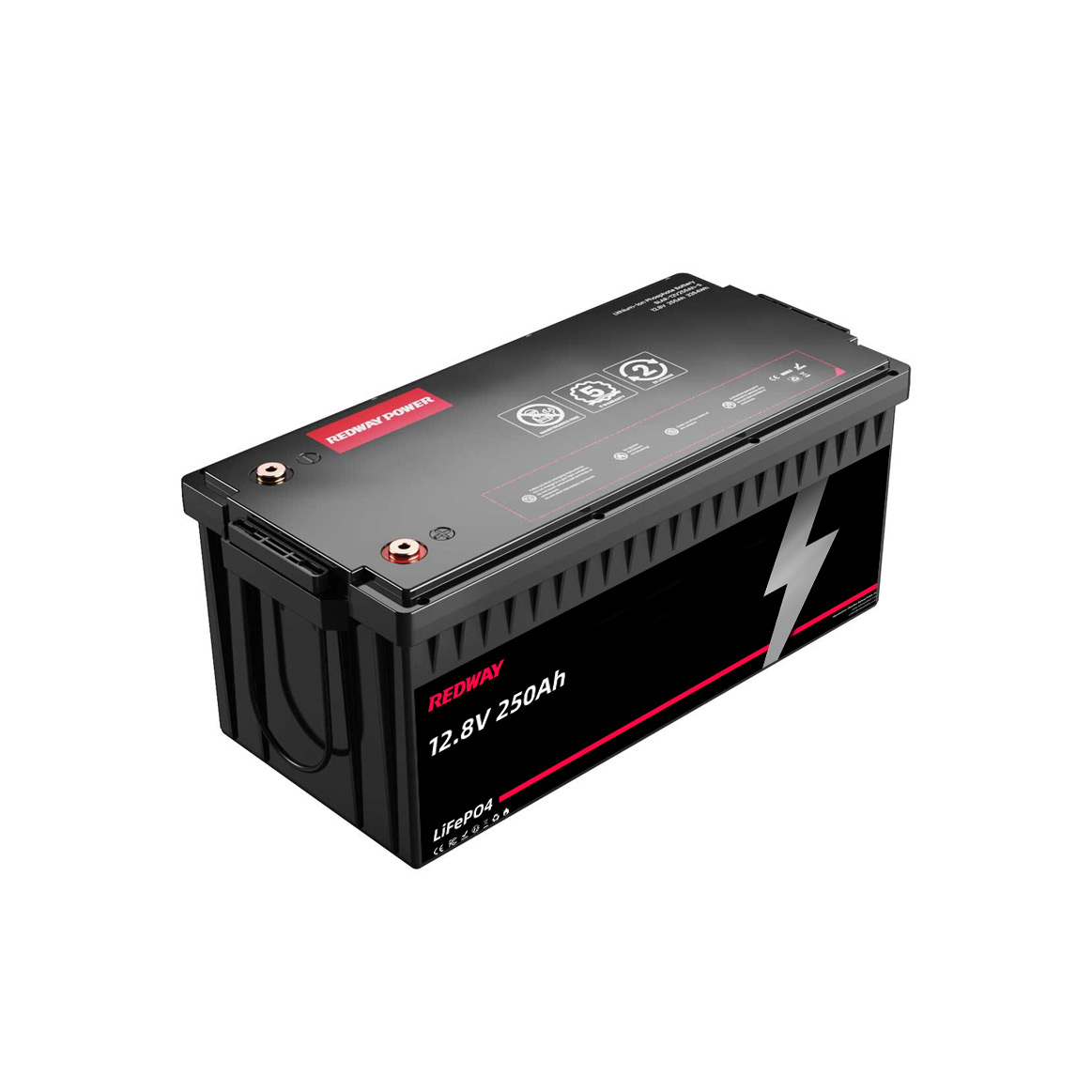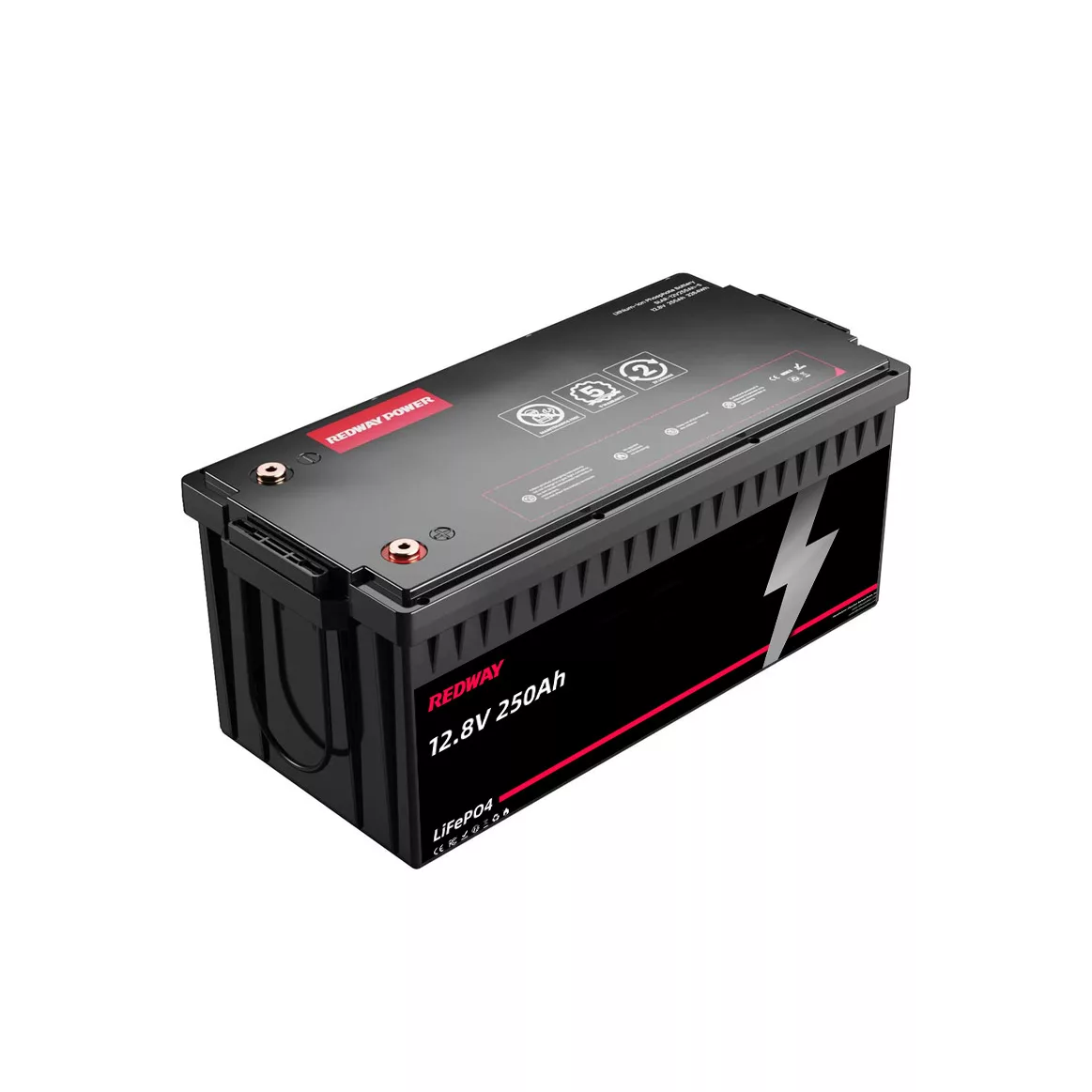The lifespan of a 12V battery can vary significantly based on its type, usage conditions, and maintenance practices. Generally, lead-acid batteries last between 3 to 5 years, while lithium-ion batteries can last up to 10 years or more. Understanding these factors can help you maximize the life of your battery.
What Factors Influence the Lifespan of a 12V Battery?
Several key factors affect how long a 12V battery will last:
- Battery Type: Different battery chemistries have varying lifespans. Lead-acid batteries typically last 3-5 years, while lithium-ion batteries can last over 10 years.
- Usage Patterns: Frequent deep discharges can shorten a battery’s life. Maintaining a charge between 20% and 80% can enhance longevity.
- Temperature: Extreme temperatures can negatively impact battery performance and lifespan. Ideally, batteries should be kept in a cool, dry place.
- Maintenance: Regular maintenance, such as checking fluid levels in lead-acid batteries and ensuring proper charging practices, can prolong life.
Chart: Lifespan Comparison of Different Battery Types
| Battery Type | Average Lifespan | Cycle Life (Cycles) | Maintenance Needs |
|---|---|---|---|
| Lead-Acid | 3-5 years | 500-800 | Moderate |
| AGM (Absorbent Glass Mat) | 4-7 years | 1000-1500 | Low |
| Lithium-Ion | 8-10+ years | 2000-5000 | Very Low |
How Can You Extend the Life of Your 12V Battery?
To maximize the lifespan of your 12V battery, consider the following practices:
- Avoid Deep Discharges: Try not to discharge the battery below 20%. This practice is especially important for lead-acid batteries.
- Regular Charging: Keep your battery charged regularly to prevent sulfation in lead-acid batteries.
- Temperature Control: Store and use batteries in environments with moderate temperatures to avoid heat damage or freezing.
- Routine Maintenance: For lead-acid batteries, check fluid levels and clean terminals regularly.
Chart: Best Practices for Battery Maintenance
| Practice | Description |
|---|---|
| Charge Regularly | Maintain charge levels to prevent sulfation |
| Monitor Temperature | Keep in a stable environment |
| Inspect Connections | Clean terminals to ensure good contact |
| Use Smart Chargers | Employ chargers that match battery type |
What Are Common Applications for 12V Batteries?
12V batteries are widely used in various applications due to their versatility:
- Automotive: Powering vehicles’ electrical systems and starting engines.
- Solar Energy Systems: Storing energy generated from solar panels for later use.
- Backup Power: Providing emergency power for homes and businesses during outages.
- Portable Devices: Used in various portable electronic devices and tools.
Why Is It Important to Choose the Right Charger?
Using the correct charger is crucial for maximizing your battery’s lifespan:
- Compatibility: Different battery types require specific charging voltages and currents.
- Prevent Overcharging: A charger designed for your battery type will help prevent overcharging, which can lead to damage.
- Efficiency: Proper chargers improve efficiency during charging cycles.
Industrial News
The market for 12V batteries is evolving rapidly with advancements in technology and increasing demand for renewable energy solutions. Lithium-ion technology is gaining traction due to its longer lifespan and efficiency compared to traditional lead-acid batteries. Manufacturers are focusing on developing smarter charging systems that enhance battery management and longevity.
Redway Expert Insights
Understanding the specific needs of your application is key to selecting the right battery,” states an expert from Redway Battery. “With proper care and maintenance, users can significantly extend the life of their batteries while ensuring optimal performance across various applications.”
FAQ Section
How long does a typical lead-acid 12V battery last?
A typical lead-acid 12V battery lasts around 3 to 5 years under normal usage conditions.Can I use a lithium-ion charger on a lead-acid battery?
No, using a lithium-ion charger on a lead-acid battery can cause damage due to different charging requirements.What temperature is best for storing my battery?
Batteries should be stored in a cool, dry place with temperatures ideally between 20°C and 25°C (68°F – 77°F).




